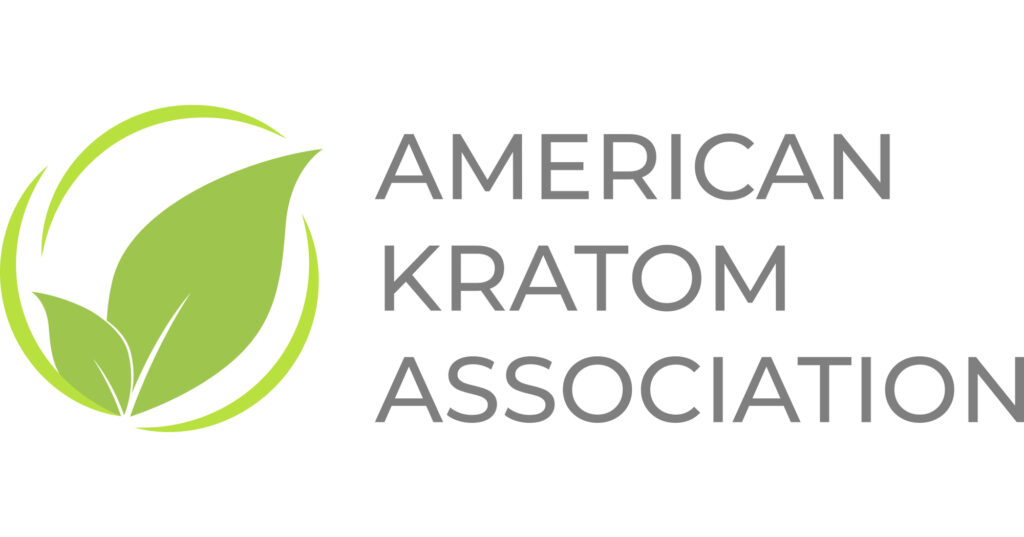Did you know that kratom companies have to be incredibly careful about what we say about kratom? From our packaging to our blog, many topics are off limits due to the current stance of the FDA regarding our product.
One place where kratom businesses are currently most restricted is on social media platforms. Social media companies, whether private or publicly traded, have to carry out their business in line with the laws of the countries they operate in. Although kratom is not and never has been federally illegal in the United States, this leads to some opposition to kratom advertising and posting.
The effects of those restrictions can be seen throughout the industry. Let’s look at the policies around what can and cannot be discussed on social media about kratom.
Why is Kratom Talk Limited?
To understand why there are limits on what can and cannot be said about kratom online, it’s essential to understand that kratom is in a bit of a regulatory gray area. The FDA has made no secret of its dislike of this product, but it has not been successful at its attempt to ban kratom.
So companies selling kratom are very limited in how they advertise, what they claim, what is written on the packages, and much more. As there isn’t an evaluation that determines exactly what can and cannot be said, the companies are instead limited to avoiding specific topics altogether.
What Cannot Be Said About Kratom
The FDA has been particularly vigilant in enforcing this policy when it comes to kratom. In particular, companies have received warning letters for talking about the following topics on their packaging, marketing posts, and even on their informational blogs:
- Serving size
- Different strain effects
- Customer testimonials and anecdotes
- How to use kratom
- How kratom interacts with the body or brain
As you can see, this covers a lot of what kratom consumers may want to know about kratom. This makes it hard for suppliers to talk with their customers about their products and, in some cases, can be very confusing for everyone involved.
Still, companies must respect these rules if they want to stay in business. Instead, they are careful about how they communicate. Even on this blog, we are careful about how we discuss kratom. While it is essential for information going to consumers to be factual, it is also vital that the flow of information isn’t halted altogether.
Kratom on Social Media
How does this limitation on what can be said about kratom online extend to social media?
Before
When kratom first became popular for use in the US in the early 2010s, many social media sites began banning discussion of the substance. This was due to the questionable legal status of the botanical. Social platforms didn’t want to be responsible for any legal trouble and instead avoided talking about kratom.
For many years, this was the norm. Some kratom companies made social media profiles, but their use was limited due to the limitations on what can be said about kratom and the rules of advertising supplement products. Posts can be interpreted as marketing in some cases, and that makes social media companies nervous.
The Present
However, we’re starting to see more and more companies and kratom advocacy organizations appear online. Brands have been more open about their presence as the kratom consumer market has grown and as states have enacted reasonable kratom regulations through the Kratom Consumer Protection Act.
Unfortunately, social media platforms use their community agreements and terms of service to shut down the accounts of kratom companies. Similarly to cannabis companies, kratom brands can’t count on keeping their profiles and pages. They also face “shadow bans” – accounts and posts may not be removed, but they are shown to an extremely limited (if any) audience.
We are still optimistic that positive change is coming. Misinformation about kratom is hard to combat, and it is often spread online in locations where knowledgeable individuals are restricted. This means that there is no clear pipeline to clear up misunderstandings and brands often have no chance to appeal decisions that social media platforms make.
Only time will tell if the shift will continue in this direction or if social media will once again restrict all talk about kratom. For that reason, it’s essential not to rely on social media to get your information about kratom and other topics.
Where to Get Information about Kratom
If you cannot expect to always find information about kratom on your usual social media websites, where should you go to find information? Many kratom users are eager to learn more about the substance, its origin, and its science. However, that information isn’t always easy to find for the reasons we outlined today.
Thankfully, there are several places where you can regularly find interesting and informative posts about kratom, kratom news, and the general kratom community. Some shops have informational blogs, and many advocacy groups periodically share kratom’s latest science and political information.
Here at Phytoextractum, we keep our blog updated with posts inspired by the latest happenings in the community and questions our customers ask us. While there are limits on what we can and cannot say about kratom, we do our best to communicate clearly whenever the topic cannot be covered in-depth due to legal limitations.
If you are looking for updated information with fewer restrictions, visiting sites of advocacy groups such as the American Kratom Association is a great way to do so. They have a page specifically for the latest science being done on kratom, and this is just one of the many dedicated corners they cultivate for curious minds like yours.
Finally, consider reaching out to your local kratom shop. They will be able to talk with you about the products they stock, the information they have, and even connect you with local advocates. This local source of information is powerful, and you can also get involved in grassroots organizations to help legalize and protect kratom in America.




